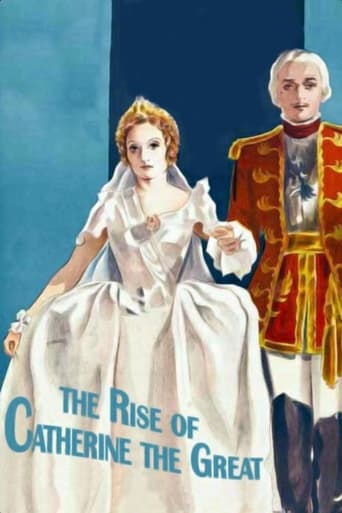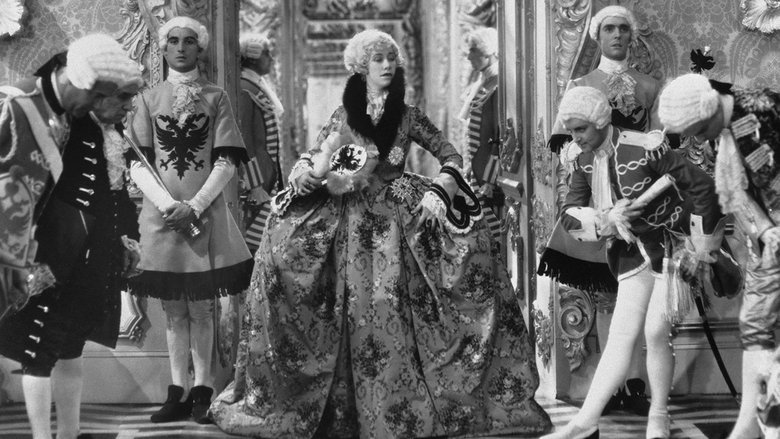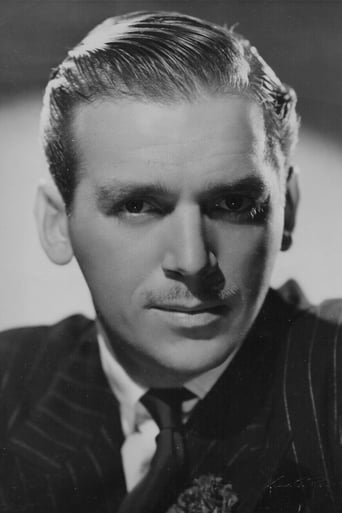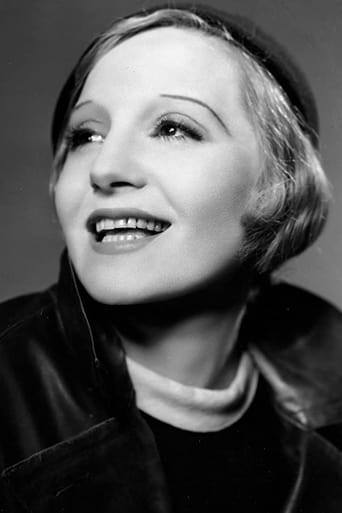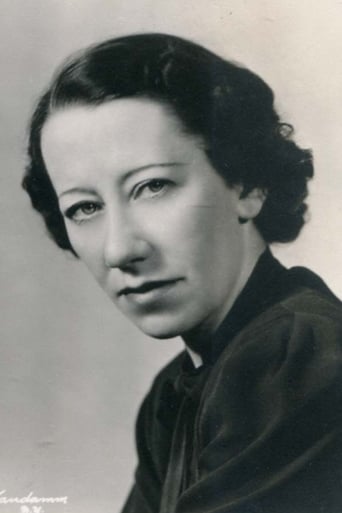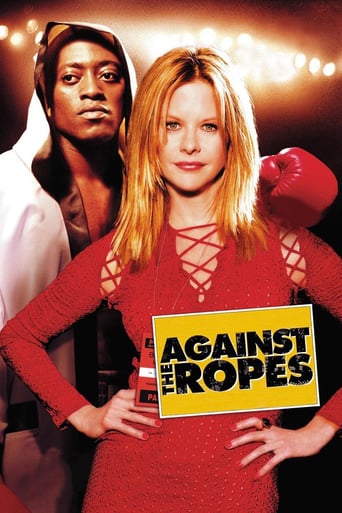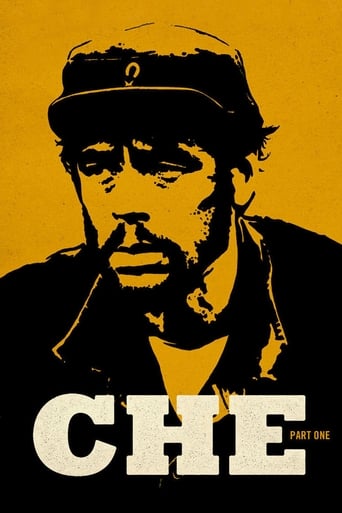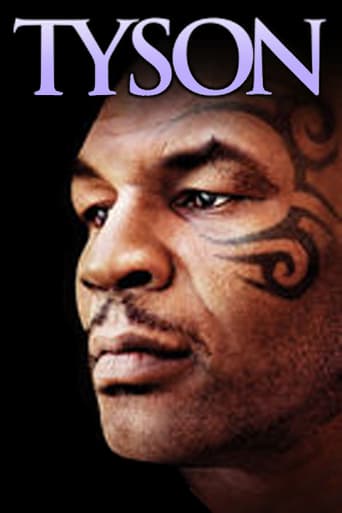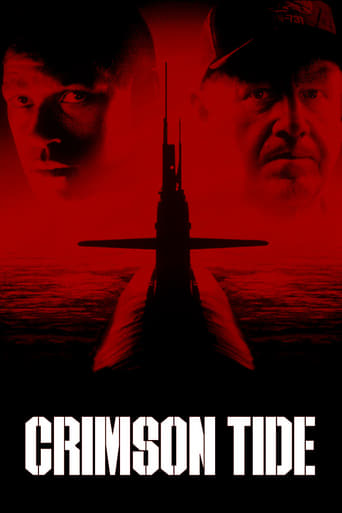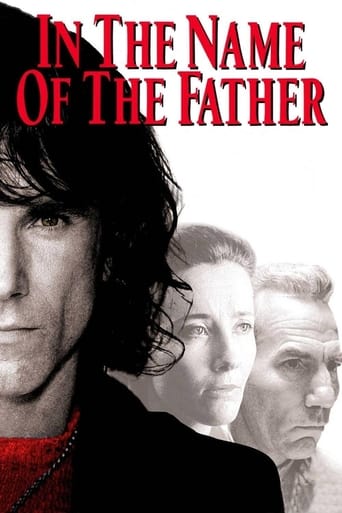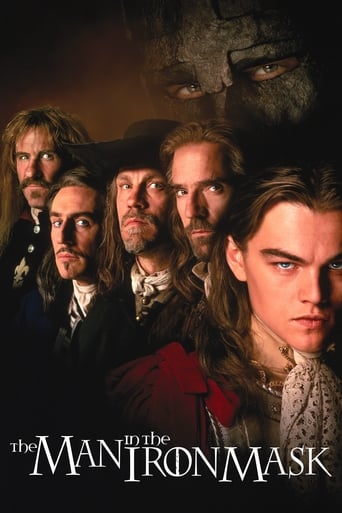The Rise of Catherine the Great (1934)
The woman who will become Catherine the Great marries into the Russian royal family when she weds Grand Duke Peter, the nephew of Empress Elizabeth. Although the couple has moments of contentment, Peter's cruel and erratic behavior causes a rift between him and Catherine. Mere months after Peter succeeds his aunt as the ruler of Russia, a revolt is brewing, and Catherine is poised to ascend to the throne as the country's new empress.
Watch Trailer
Cast


Similar titles
Reviews
Instant Favorite.
Brilliant and touching
The acting is good, and the firecracker script has some excellent ideas.
what a terribly boring film. I'm sorry but this is absolutely not deserving of best picture and will be forgotten quickly. Entertaining and engaging cinema? No. Nothing performances with flat faces and mistaking silence for subtlety.
1934 was a strange year. While there have been relatively few films about Catherine the Great of Russia, apparently 1934 was an exception. Not only were there two big-budget films about her, but both covered the exact same period of her life--when she first comes to Russia to marry and ending when she assumes control of the nation. Of the two, my personal favorite was "The Scarlet Empress" with Marlene Dietrich. But, "The Rise of Catherine the Great" is still a pretty good film.Now I must stop for a minute to talk about the shortcomings of BOTH films. History, they say, is made by the winners and historians at the time seemed to spin Catherine's usurping the throne and the 'accidental death' of her husband as necessary because he was evil and insane. However, this is not the view of everyone--and many historians are just as convinced that she was a conniver and the only reason she was backed in her coup was that her husband was a reformer--and it was simply a case of the nobles wanting to keep their power. Whichever the case (and perhaps neither is correct), both films clearly portray Catherine in almost saint-like terms and a woman forced to take this action--which, by the way, would NOT fit her character later in her reign. In other words, she was one tough lady and probably not the little wall-flower you see in these films. After all, she went on to become one of the most powerful and feared of Russia's leaders.I think my biggest problem with this film, despite the nice direction by Alexander Korda, is that the script doesn't seem to know what sort of film it is. In the first half, it's a love story about Peter and his new bride, Catherine. Both care for each other but Peter later comes to believe that he was manipulated into the marriage and pulls away from his wife. Later, through clever manipulation, she wins his hearts. It's clearly a love story....period. Yet, oddly, as soon as the Empress is ready to die, the elderly lady (Flora Robson) tells everyone that Peter (her nephew) is crazy and dangerous. In light of everything we've already seen, there was no indication of this at all---none. And suddenly, Peter (Douglas Fairbanks) starts behaving crazy and very, very cruel and vindictive. As a result of many threats against his loving wife, Catherine (Elisabeth Bergner) is forced to fight fire with fire and she takes the throne. So what did the two halves of the film have to do with each other--just about nothing other than the names of the characters! While both halves were good, they just didn't fit together well. Additionally, I felt the weak point acting-wise was Bergner--whose interpretation of Catherine was way too weak and sentimental.My feeling is that this is a watchable film even if its accuracy is in question. But, how many want to watch two films on the exact subject? If you don't, then I suggest the Dietrich version instead--it's made better and the acting is better.
Yet more intrigue from the court of imperial Russia, which (at least according to movie history) must have functioned entirely on plots, counter-plots, rumors, gossip and scandal. Produced in England by the celebrated Alexander Korda, this handsome spectacle stars Douglas Fairbanks Jr. (less dynamic but a better actor than his father) as the petulant heir to the royal throne who marries the petite German princess Catherine more or less against his will. Favored by the Queen Mother and beloved by her subjects, the sensible and modest Catherine has only one flaw in her character: an unquenchable love for her power-mad, playboy husband. Their bittersweet love/hate rivalry must have seemed quite sophisticated to a 1934 audience, and seen today the film still possesses a freshness rarely seen in early sound productions, thanks in large part to a quality script and some lively, natural performances.
The dynasties of Europe are usually recalled only when they rule major nations for a long time: Plantagenets, Tudors, Stuarts, Hanovarians, Windsors in England; Valois and Bourbon in French; Hapsburg of Austria; Hohenzollern of Prussia and Germany; and Romanov of Russia. The smaller dynasties pop up if they last long enough too: Saxe - Coburg in Belgium (and Bulgaria), Wittelsbach in Bavaria, Holsteins and Bernadottes in Sweden. Occasionally transplanted dynasties are recalled: Hapsburg and Bourbon in Spain. Less recalled is if the spouse of a royal heir was from a really obscure family. But in the long run the need for new "blood" to continue a dynasty would lead to minor nobility producing wives or husbands for the major dynasties. It was rare for any of the these minor figures to become well known. But Princess Sophie of Anhalt-Zerbst did just that. In fact she was to become a great figure in her own time and in modern history. For Sophie became the Tsarina Catherine the Great of Russia.Two films that came out in 1934 dealt with Catherine's rise to power. One was THE SCARLET EMPRESS by Joseph Von Sternberg (starring Marlene Dietrich, John Lodge, and Sam Jaffe) and the other was THE RISE OF CATHERINE THE GREAT. As pointed out in another review, the two movies each have aspects of the story missed by the other. Elizabeth Bergner manages to show more of the naiveté of the young Princess brought to Russia to marry the Grand Duke Pyotr (who became Peter III). Peter (Douglas Fairbanks Jr.) was the sole male descendant of the Romanovs (except for a cousin who had been dethroned in 1741 by the reigning Empress Elizabeth (Flora Robson) and was held in a prison*). Tsarina Elizabeth was determined to have Peter marry and have an heir. She chose Sophie because of dynastic claims to Swedish and Baltic territories of the Romanov Family dealing with their Holstein blood connections - connections that Anhalt-Zerbst shared. Both movies show how Elizabeth and Catherine (her name was changed to Catherine when she married Peter, as her Lutheran religion was changed to Greek Orthodoxy) treat each other with wariness, but gradually get to see each other as an ally. This is particularly true because Peter was mentally ill. However, while this is shown in THE SCARLET EMPRESS, it is not true about THE RISE. Fairbanks is shown to be mentally ill, but a type of affection rises between him and Catherine every now and then - which is dashed by his paranoia and suspicions.The performance of Bergner is quite charming (as normal) in this film, and one gets a feeling of sadness that is not historically accurate. Here as history marches on, Catherine regretfully joins in the overthrow of her husband, and watches helplessly while he is taken away to his doom. The actual situation in the overthrow of Peter was closer to the cynical contempt shown by Marlene Dietrich towards her mad husband.Flora Robson portrays Tsarina Elizabeth as a tired, dying woman, desperate to try to save the dynasty and her nation but aware of the rotten material she has to work with. It's as good a performance as the two leads.I might add that you should note two brief supporting performances for a historical reason. Gerald Du Maurier (Daphne's father) was a leading stage star in England from the 1900s to 1930s. Irene Vanbrugh was a female star of the 1890s - 1920s (she was in the original THE IMPORTANCE OF BEING EARNEST). Both play roles in this version - Irene Vanbrugh as Bergner's mother. It is very rare to see either of them on film.*The cousin, Ivan VI, was imprisoned for life - and gradually lost his reason. The guards were told to kill him if there was ever an attempt to rescue the Tsar. When Peter III was overthrown, an adventurer attempted to rescue Ivan and restore him to his throne. Ivan was slain by his guards before the adventurer could reach him.
Although Marlene Dietrich was a far more glamorous Catherine the Great, closer to the real one was definitely Elizabeth Bergner in this British production from Alexander Korda. The former Princess Sophia of Anhalt-Zerbst, one of many small pieces of turf in Germany before that country became a country instead of a geographical expression, pulled off something unique in history. She came as a promised bride to the tsarevitch who in this case was Peter, nephew of the Empress Elizabeth of Russia. Through her own will and genius for intrigue, this Queen Consort, without a drop of royal blood of Russia in her, got to rule Russia and well for over 30 years after deposing her husband. Woman must have done something right.The film here like the one in Hollywood ends with the deposition and death of the Czar and Catherine taking over. We don't see the regal, confident, and promiscuous empress Catherine was to become. We see her as a shy and overwhelmed German Princess who grows in her role as her husband won't in his. Catherine grows in her character as Elizabeth Bergner does in this part.Sam Jaffe as Peter is far closer to the mark of the real character of that unfortunate soul than Douglas Fairbanks, Jr. is in this film. Yet Fairbanks gives an extraordinary performance, far from the swashbuckling parts that his father patented on the silent screen. In fact both the Fairbanks were in the UK at the same time. Fairbanks senior gave his farewell screen performance in the Private Life of Don Juan and his son did about seven films for four years of which this is probably his best effort.The pleasure loving Empress Elizabeth as done by Flora Robson is light years different from Queen Elizabeth in Fire Over England and The Sea Hawk that Robson did later, but still very nicely done.Alexander Korda perfectly captured the mood and feel of old Romanov Russia as taken over by a usurper, a popular one, but still a usurper.

